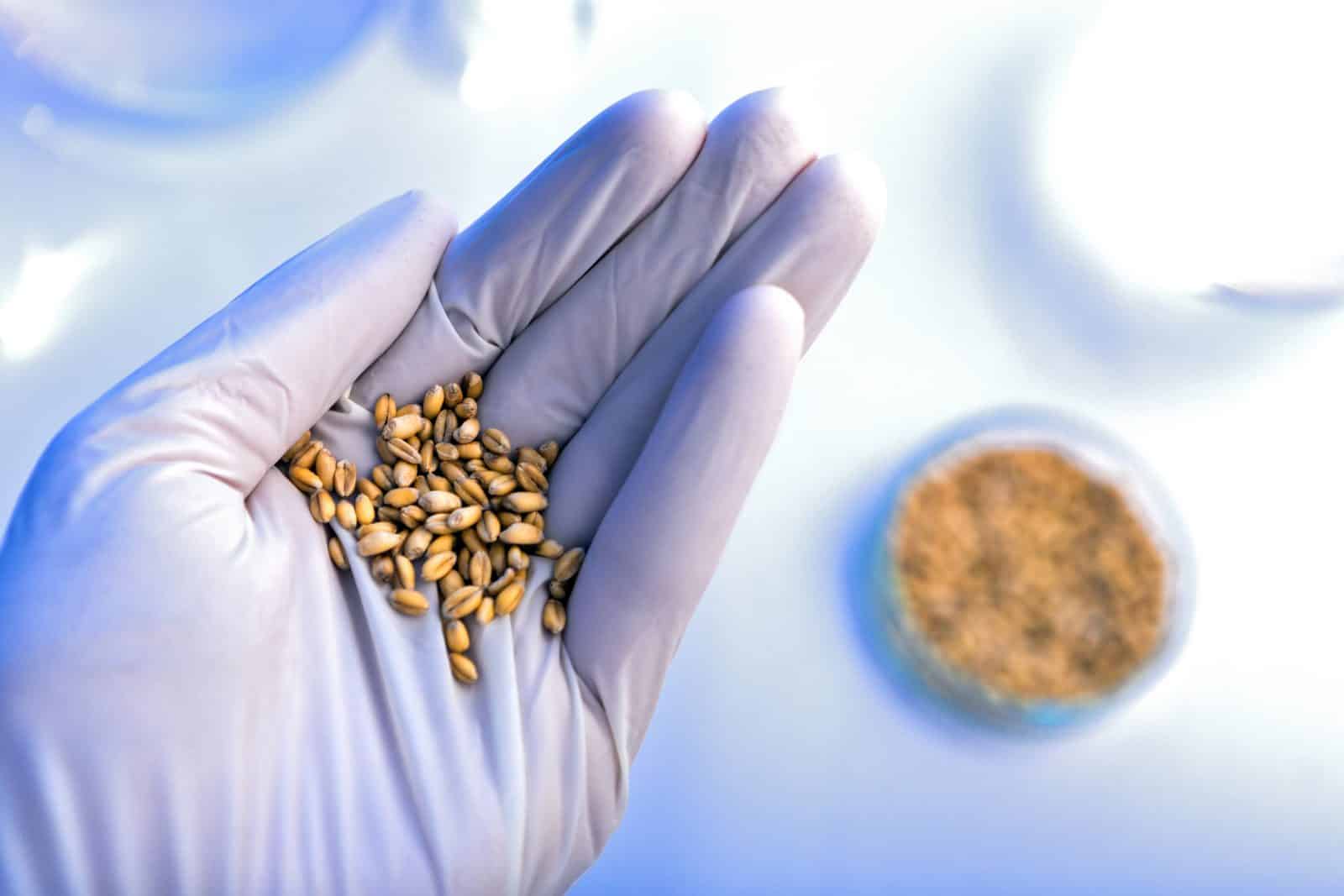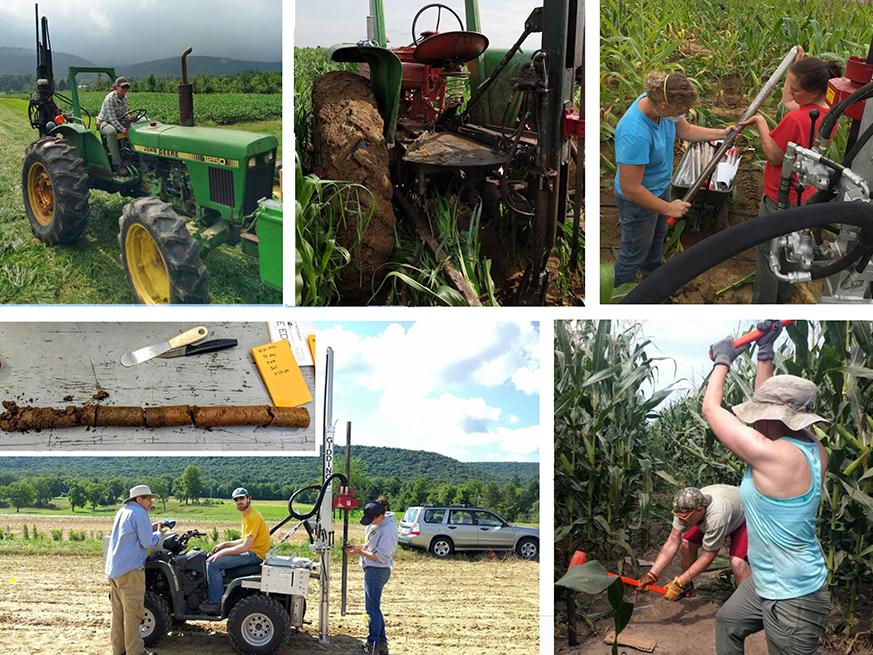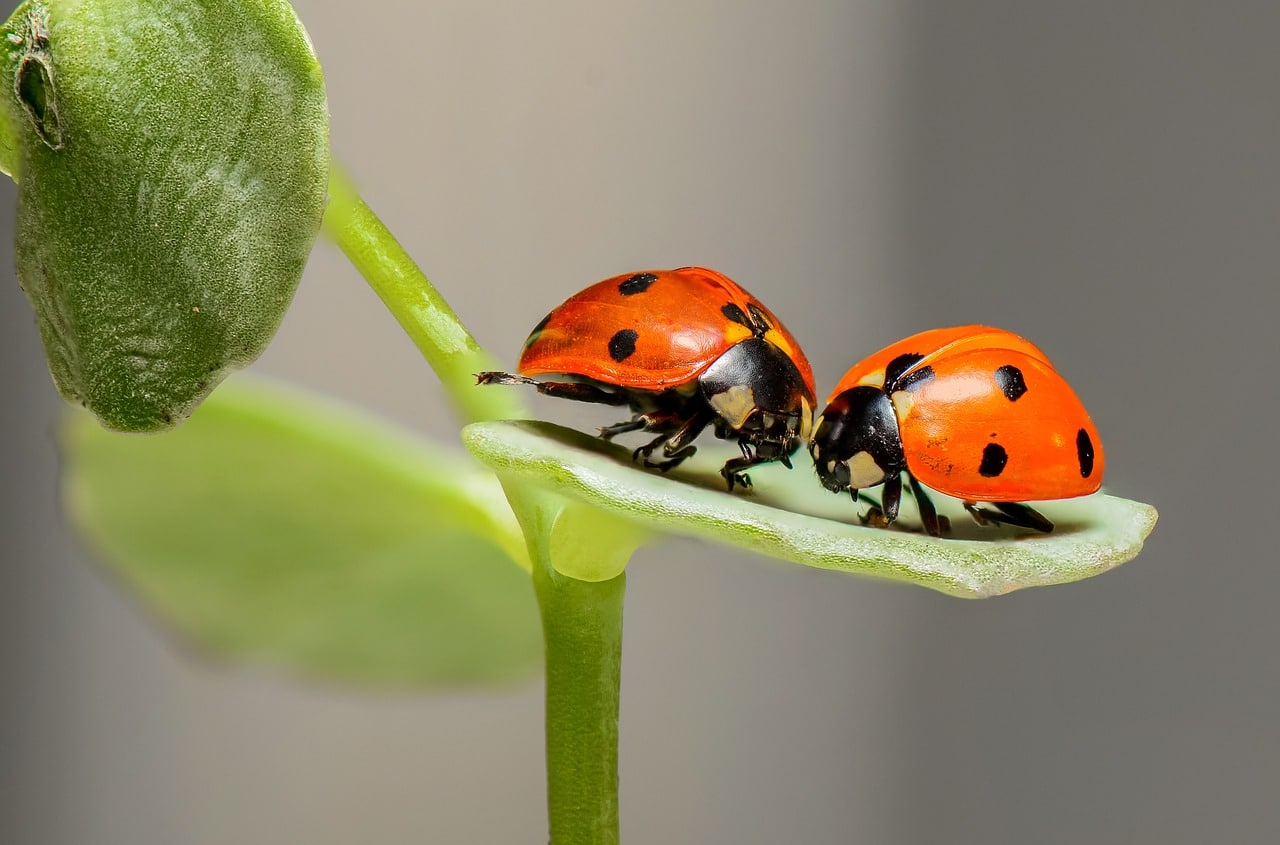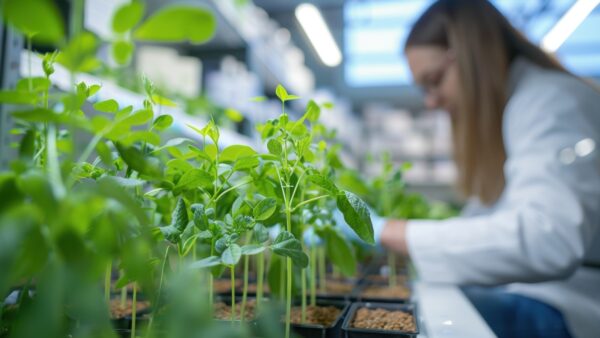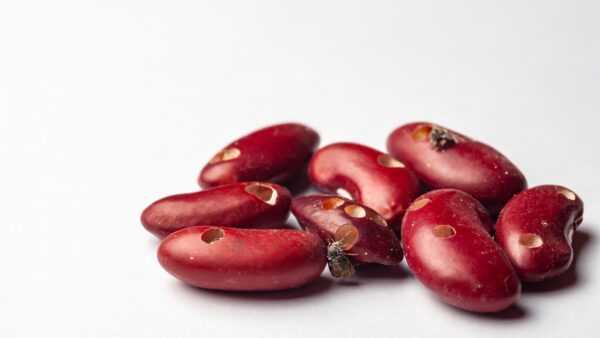Paul Esker, a plant pathologist in Penn State’s College of Agricultural Sciences, has received a $455,000 grant from the U.S Department of Agriculture’s National Institute of Food and Agriculture to support a five-year integrated research and extension project designed to improve management recommendations for wheat.
Esker pointed out that wheat is the third-largest commodity crop in the U.S., representing $9 billion in economic value. However, each year growers sustain approximately $338 million in losses due to pests and plant diseases.
“Growers are challenged by the complexity of decisions that are needed for effective wheat disease management,” Esker said. “Through our work, we aspire to create resources that will aid them when making economically and environmentally sound decisions so they can improve the health and quality of their wheat and increase profitability.”
To that end, Esker’s research group plans to develop a decision-support platform for wheat disease management that integrates wheat market class, underlying disease risk and best management recommendations.
Researchers will use the platform to obtain user-defined data on wheat production practices. The team then will employ deep learning analyses to study patterns that explain the variation in responses at different spatial scales, Esker explained.
“We will collaborate with stakeholders to develop training programs in which individual growers can gain experience with different disease management scenarios,” he said. “We expect that the technology developed in this project can be readily applied to other small grains as well.”
He noted that the project, which aligns with 2018 U.S. farm bill goals, addresses two important areas of the National Integrated Pest Management Roadmap: to develop economical, high-resolution pest management monitoring systems and to provide novel mechanisms for delivery of integrated pest management tactical and strategic tools.
“We are grateful to the USDA for recognizing the importance and value of our work, which will support growers as well as current and future scientists,” said Esker, who added that an important component of the research involves training the next generation of experts. “We are proud to be working toward solutions that will benefit the commonwealth and the country.”
Collaborating institutions include Kansas State, North Carolina State and Ohio State universities.
Source: Penn State


